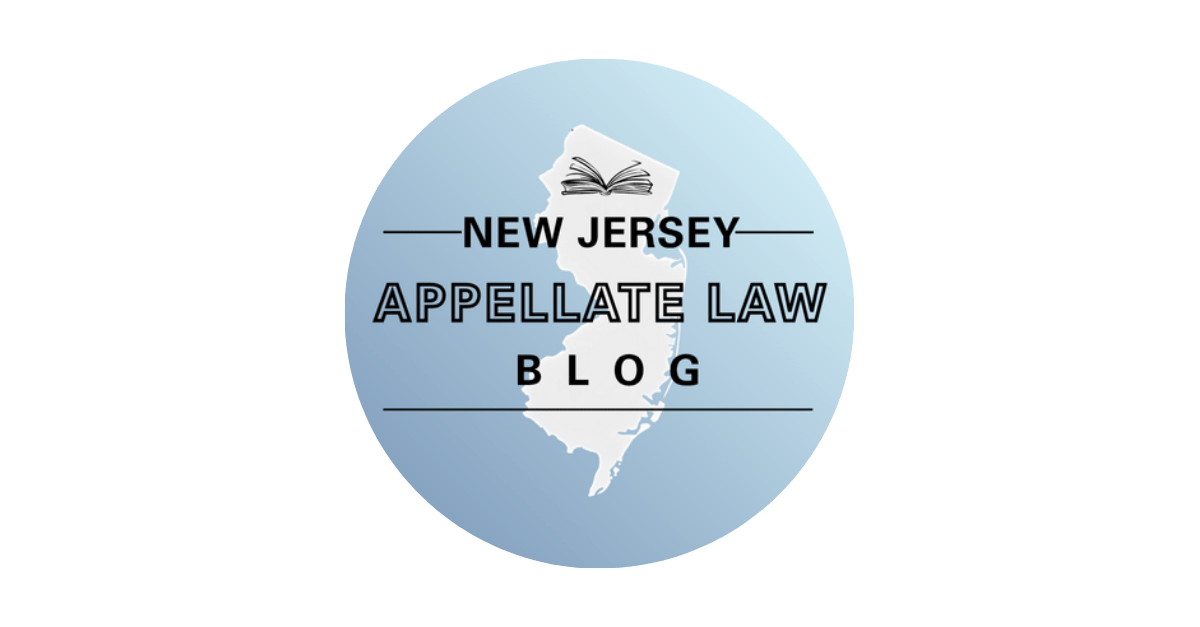Johnson v. Wilkerson, ___ N.J. ___ (2025). Chief Justice Rabner’s opinion for a unanimous Court follows on the Court’s September 19, 2025 Order that upheld a ruling by Judge Sabatino in an emergent appeal by a candidate for a Roselle council seat. That Order stated that an opinion would follow.
The first three paragraphs of the Chief Justice’s opinion well summarize the facts, the issues, and the Court’s resolution of them:
“This matter involves an election dispute. Denise Wilkerson won the Democratic primary for a council seat in Roselle by three votes. A recount and a court hearing followed. After the trial court found that several voters had been improperly denied the right to vote, the court invalidated the election. The court ultimately directed that the Democratic County Committee select the Democratic candidate for the general election, pursuant to N.J.S.A. 19:13-20 (section 20).
Wilkerson filed an emergency application for relief with the Appellate Division. She asked the appellate court, and now asks this Court, to direct that both a special primary election and a special general election be held after Election Day. Alternatively, she requests that the names of both Democratic primary candidates be placed on the general election ballot. Neither remedy finds support in the statutory scheme.
The Appellate Division denied Wilkerson’s request for relief. Two days later, after additional briefing from the parties, we affirmed its judgment in a short order. This opinion explains the reasons for the Court’s decision.”
The issues involved statutory interpretation. Accordingly, the Court applied de novo review. The Chief Justice also noted that courts “construe statutes that govern elections liberally to give effect to their purpose. As in all election matters, we strive to fairly interpret election laws in a way that does not deprive citizens of their fundamental right to vote.” Moreover, “[c]ourts should also not construe statutes so as to render an election void for technical reasons,” but “[a]t the same time, courts must recognize important state interests, including orderly electoral processes” (citations and internal quotation marks omitted throughout this paragraph).
The Court found that the plain language of two statutes governed this case. N.J.S.A. 19:13-18, states in part that “if any nomination, be insufficient or inoperative, or if a nominee shall die, or for any reason vacate his nomination, the vacancy so occasioned may be filled in the manner outlined in the succeeding sections” (emphases by Chief Justice Rabner). And N.J.S.A. 19:13-20 provides that “[i]n the event of a vacancy, howsoever caused, among candidates nominated at a primary election for the general election, which vacancy shall occur not later than the 70th day before the general election, . . . a candidate shall be selected in the following manner: . . . . [a.](4) In the case of an office to be filled by the voters of a portion of a single county, the candidate shall be selected by those members of the county committee of the party wherein the vacancy has occurred who represent those portions of the county which are comprised in the district from which the candidate is to be elected (emphases by Chief Justice Rabner)
The Chief Justice found that “[t]racking the language of section 18, the [trial] court’s ruling rendered Wilkerson’s nomination ‘inoperative’ and created a vacancy.” That meant that N.J.S.A. 19:13-20(a)(4) applied, and the county committee properly selected a replacement. This was so even though the vacancy occurred after the 70th day before the general election. That occurred because of “delays in the trial court litigation,” which warranted a relaxation of the 70-day requirement.
The Chief Justice also cautioned about the presence of “may” rather than “shall” in N.J.S.A.19:13-18. That section did not thereby make the use of the sections that followed, such as N.J.S.A. 19:13-20(a)(4), “mere options that courts can decline to consider.” Construing the statutory use of “may” as optional “could render the rest of the statutory framework advisory at best or meaningless at worst” and render the mandatory language of N.J.S.A. 19:13-20(a)(4) surplusage,
Wilkerson argued that “principles of equity and fairness require that ‘the people -- and not the party -- should be permitted to decide their elected representative.’” But Chief Justice Rabner stated that while “courts liberally interpret [election] statutes; they do not set them aside.” There was no support in any statute for the remedies that Wilkerson sought.
The Chief Justice went on to discuss prior cases that had “liberally construed statutes to promote the right to vote. They allowed for rules to be relaxed with that aim in mind. And they recognized the importance of conducting elections in an orderly manner consistent with the statutory scheme. Equally important, they did not set aside the State’s election laws and create new constructs not supported by the statutes.” Accordingly, Wilkerson could not prevail.

